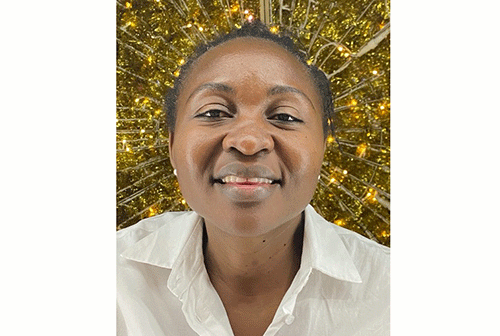Every year, since Namibia attained independence in 1990, it has become a tradition that Namibia’s President delivers a speech to mark the annual celebration of the country’s attainment of independence. While this type of speech serves the purpose of remembering how the country transitioned from apartheid to self-rule, it also reminds the nation about the past suffering; as well as highlighting the importance of independence, the country’s achievements, ongoing developments towards sustainability of the nation, challenges faced in the development of the country as well as any other developmental prospects tabled and those in the pipeline. Through rhetoric, presidents justify their stands and push their policies. In other words, speech delivery makes the modern presidency a crucial place for rhetorical leadership. Therefore, this justifies the presidency as a rhetorical institution.
In executing his constitutional mandate, Hage Geingob, the third democratically elected President of Namibia, presented a speech on 21 March 2021 as the country celebrated its 31st independence anniversary. Delivering a ceremonial speech like this is one of Geingob’s constitutional mandate to lead the people who have elected him to power; therefore, rhetorically speaking, a president leads by speeches; the presidency is a rhetorical institution, through speeches, a president seeks to persuade the nation. The power to persuade the public is very crucial because presidents need the public to enact a specific agenda that they seek to accomplish. Besides, “rhetorical situation”, is a theory presented by Bitzer (1968), the independence anniversary is a situation that calls for a president’s rhetorical acts. Therefore, Geingob declared the 31st Namibia independence anniversary, “Today, as a nation, we celebrate 31 years of independence.” This situation fulfils the role and functions of the rhetorical presidency.
Moreover, in his 31st independence anniversary speech, President Geingob’s rhetoric commemorates the nation’s past by honouring “those whose courage and patriotism delivered the promise of freedom”. He also articulated that Namibia is home to people of all races and different backgrounds. Geingob asserted that, as he referred to the rhetoric of the founding President Sam Nujoma, who had stated that “...All Namibians, regardless of colour, creed or place of origin, have a place.” and also, the President called all the Namibian people to guard their freedom jealously and foster unity as a cornerstone of development. Furthermore, Geingob emphasised the role the Namibian government placed on education access to its people, as the government has been increasing the number of higher education institutions countrywide since independence.
It should be noted that education is an essential key element for social changes and development in Namibia. Therefore, by highlighting education’s progress to his audience, Geingob reveals shared values, needs and feelings. Moreover, in a way, Geingob rehearsed traditional values as he joined the present with the past.
A year ago, when the world pandemic Covid-19 reported the first cases in Namibia, the President, as the head of state and chief policymaker, was the first person expected to act. Therefore, with the power vested in him by the Namibian constitution, in article 26 (10), Hage Geingob had declared a state of emergency on17 March 2020 in response to the global pandemic Covid-19.
A national crisis is one of the important occasions of a presidency as a rhetorical institution; therefore, it should be noted that national crisis such as Covid-19 are linguistic constructions in the sense that it is mainly through presidential rhetoric that the country finds explanations, facts, course of action and ultimately a resolution to a crisis; this justifies presidency as a rhetorical institution.
Equally, in his launch of the Harambee Prosperity Plan II, President Geingob indicated how his presidency continues to prioritise the implementation of the targeted policy programmes to enhance service delivery, contribute to economic recovery, and engender inclusive growth. This, among others, presented the country’s socio-economic progression. A strong economy is an essential ingredient to sustain presidential popularity in order to govern effectively. Therefore, it can be argued that rhetoric is an important resource for the presidency.
From the academic perspective, the discipline of rhetoric studies, it is concluded that among the various events for demonstrating different types of situations for which presidential rhetorical discourse is required, the presidential Independence anniversary address is one such event. Therefore, Geingob utilised this occasion to instil the diverse nation with a sense of national unity using his discourse. As it is argued by Bitzer (1968), the rhetorical situation exists when certain circumstances are understood within the context in which the speaker or writer creates discourse. Therefore, it is clear that presidential rhetoric’s key function is to define social reality, which qualifies the presidency as a rhetorical institution.
*Frieda Nanyeni-Kanyemba holds a PhD in Presidential Rhetoric Studies from the University of Cape Town.


